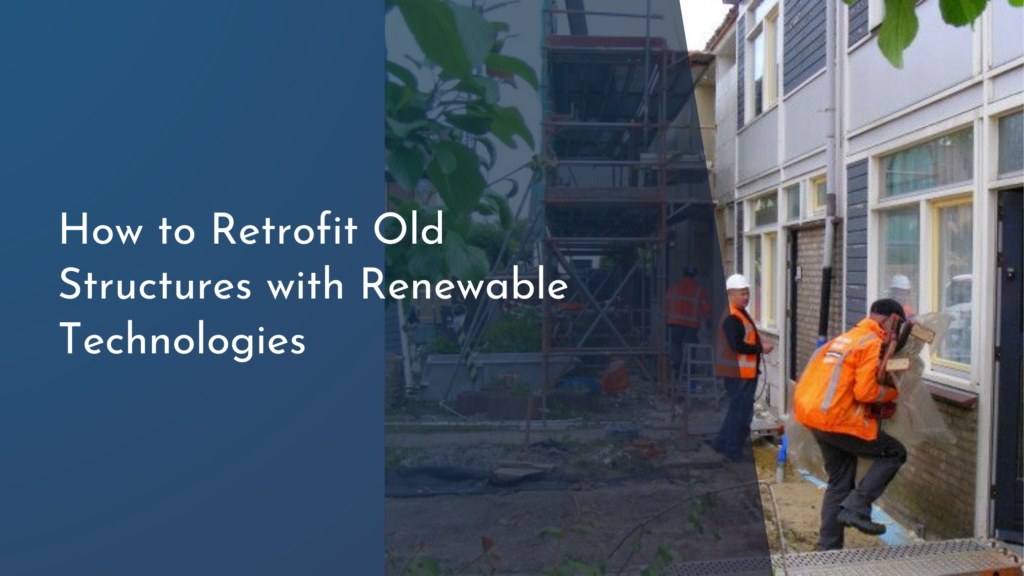Rainwater Harvesting for Recreational Areas and Sports Fields
As environmental concerns continue to rise, communities are seeking innovative solutions to sustain their recreational spaces and sports fields. One such solution is rainwater harvesting—a practice that collects and stores rainwater for later use. This method not only promotes water conservation but also enhances the ecological balance within our neighborhoods. In this article, we’ll explore the various benefits of rainwater harvesting, particularly its application in recreational areas and sports fields, and discover fun ways to implement these systems in our communities.
Discover the Benefits of Rainwater Harvesting Today!
Rainwater harvesting presents an incredible opportunity for communities to address water scarcity. By capturing and utilizing rainwater, we can significantly reduce the demand on local water sources, especially in areas prone to drought. This sustainable practice can contribute to lower water bills and decreased dependence on municipal water supplies. Moreover, using harvested rainwater for irrigation helps maintain lush green spaces without straining our precious groundwater resources.
In addition to conserving water, rainwater harvesting can contribute to improved water quality. When rainwater is collected, there is less runoff, which means fewer pollutants enter our waterways. This results in cleaner lakes and rivers, enhancing the overall health of local ecosystems. Communities that adopt rainwater harvesting practices can foster a cleaner, greener environment, making it a win-win situation for both people and nature.
Transforming Recreational Areas with Eco-Friendly Solutions
Recreational areas, such as parks and playgrounds, benefit immensely from rainwater harvesting systems. By installing rain barrels or cisterns to collect rainwater, these areas can ensure a consistent water supply for landscaping and maintenance, keeping the green spaces vibrant and inviting. This eco-friendly approach not only beautifies the community but also inspires visitors to appreciate the natural environment.
Moreover, integrating rainwater harvesting into recreational areas can serve as an educational tool. Communities can create informational signage that explains the process and benefits of rainwater collection, encouraging residents to embrace sustainable practices. These educational initiatives can foster a sense of environmental stewardship, planting the seeds for future generations to care for our planet and its resources.
How Rainwater Can Enhance Sports Field Sustainability
Sports fields also stand to gain from the implementation of rainwater harvesting systems. Irrigating grass fields with harvested rainwater helps maintain healthy turf while minimizing water costs. With the increasing frequency of extreme weather events, ensuring a reliable water source for sports fields is crucial for maintaining optimal playing conditions. This not only benefits athletes but also encourages higher participation rates in community sports programs.
Furthermore, utilizing rainwater for irrigation can reduce the need for chemical fertilizers and pesticides. Rainwater is naturally soft and free from the chemicals often found in municipal supplies, promoting healthier soil and grass. This sustainable approach to field maintenance can enhance the quality of play and promote a safer environment for athletes, all while minimizing the environmental impact of sports activities.
Fun Ways to Implement Rainwater Systems in Your Community!
Getting your community involved in rainwater harvesting can be an enjoyable and engaging experience. One fun idea is to host community workshops where residents can learn how to create their own rain barrels. These hands-on sessions can empower individuals with the knowledge and skills to set up their systems at home, fostering a sense of ownership and responsibility towards water conservation.
Another creative approach is to organize community challenges or competitions around the theme of rainwater harvesting. Groups can compete to see who can collect the most rainwater, or neighborhoods can work together to create the most efficient collection systems. These friendly competitions can generate excitement about sustainability, strengthen community bonds, and ultimately contribute to a greener environment for everyone.
In conclusion, rainwater harvesting presents a unique and effective solution for enhancing the sustainability of recreational areas and sports fields. By implementing these eco-friendly practices, communities can conserve water, improve local ecosystems, and create vibrant spaces for residents to enjoy. With a little creativity and community involvement, we can transform our neighborhoods into models of sustainability, ensuring a brighter and greener future for generations to come. So let’s embrace the rain and make every drop count!

